Alex Gibney’s Sopranos doco Wise Guy examines the greatest TV show of all time
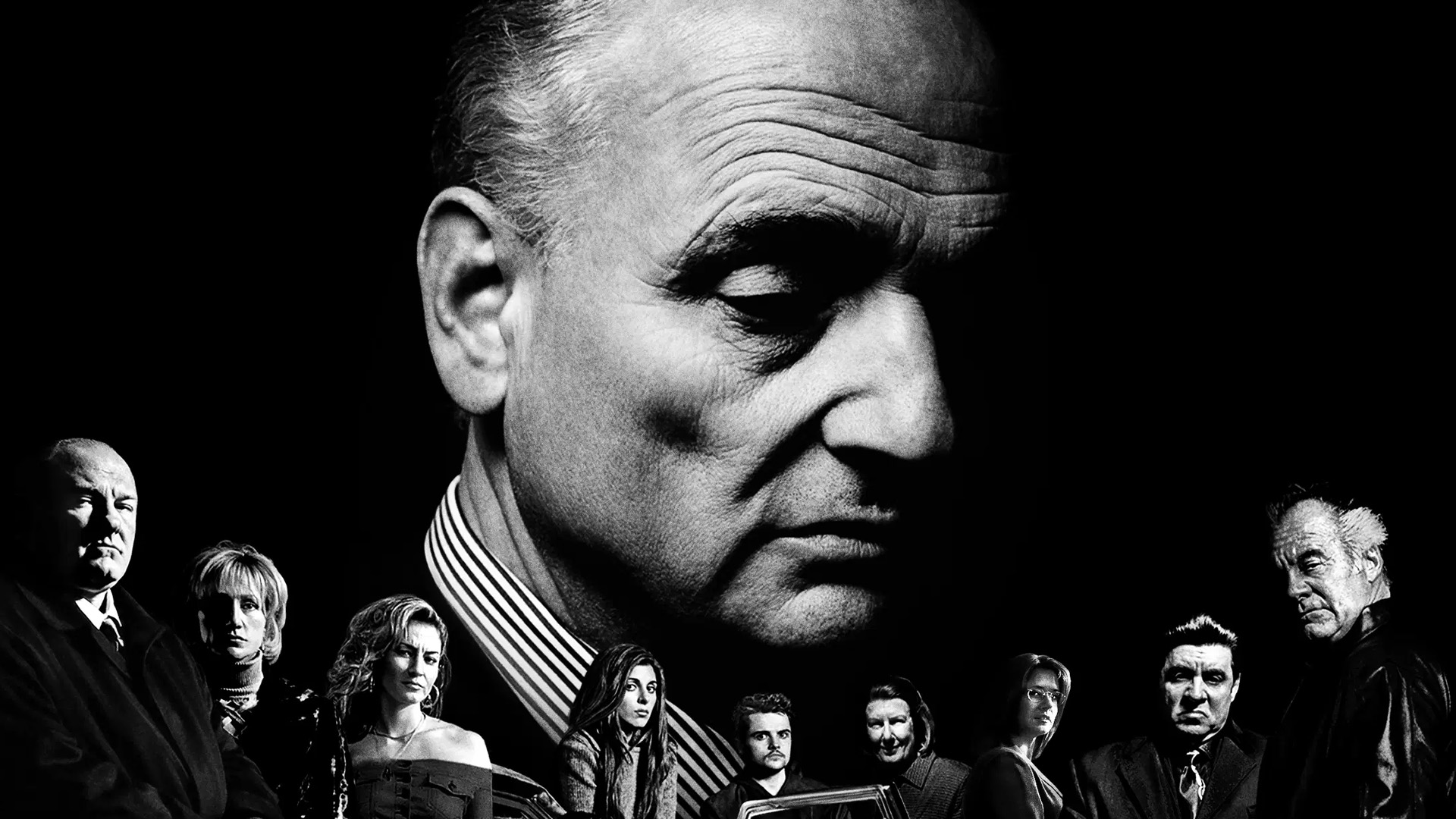
As we enjoy our summer, Flicks editor Steve Newall shares some of his favourite reads of the year.
The show that kicked off The Golden Age of Television – and the man behind it – are examined in two-part documentary Wise Guy: David Chase and The Sopranos. It’s utterly essential viewing for die hards and new fans alike, says massive Sopranos superfan Dominic Corry.
Wise Guy: David Chase and The Sopranos
Oscar winner Alex Gibney, arguably the foremost popular documentarian of our time (see: Taxi to the Dark Side, The Crime of the Century, The Looming Tower, Going Clear and many others) tackles The Greatest TV Show of All Time with Wise Guy: David Chase and The Sopranos, and it’s a glorious thing.
As a massive Sopranos superfan, I’ve read practically every interview with Chase ever conducted, devoured the many books written that cover the making of the show, and hoovered up every episode of Michael Imperioili and Steven Schirripa’s re-cap podcast Talking Sopranos, which was a sometimes overwhelming motherlode of information and insights, and featured pretty much everybody involved in the show.
So when I heard about this documentary, I thought: Well, fine and good, but is there anything left to say? Then I learned Gibney was behind it and I knew further depths would be plumbed. I was not disappointed, to say the least.
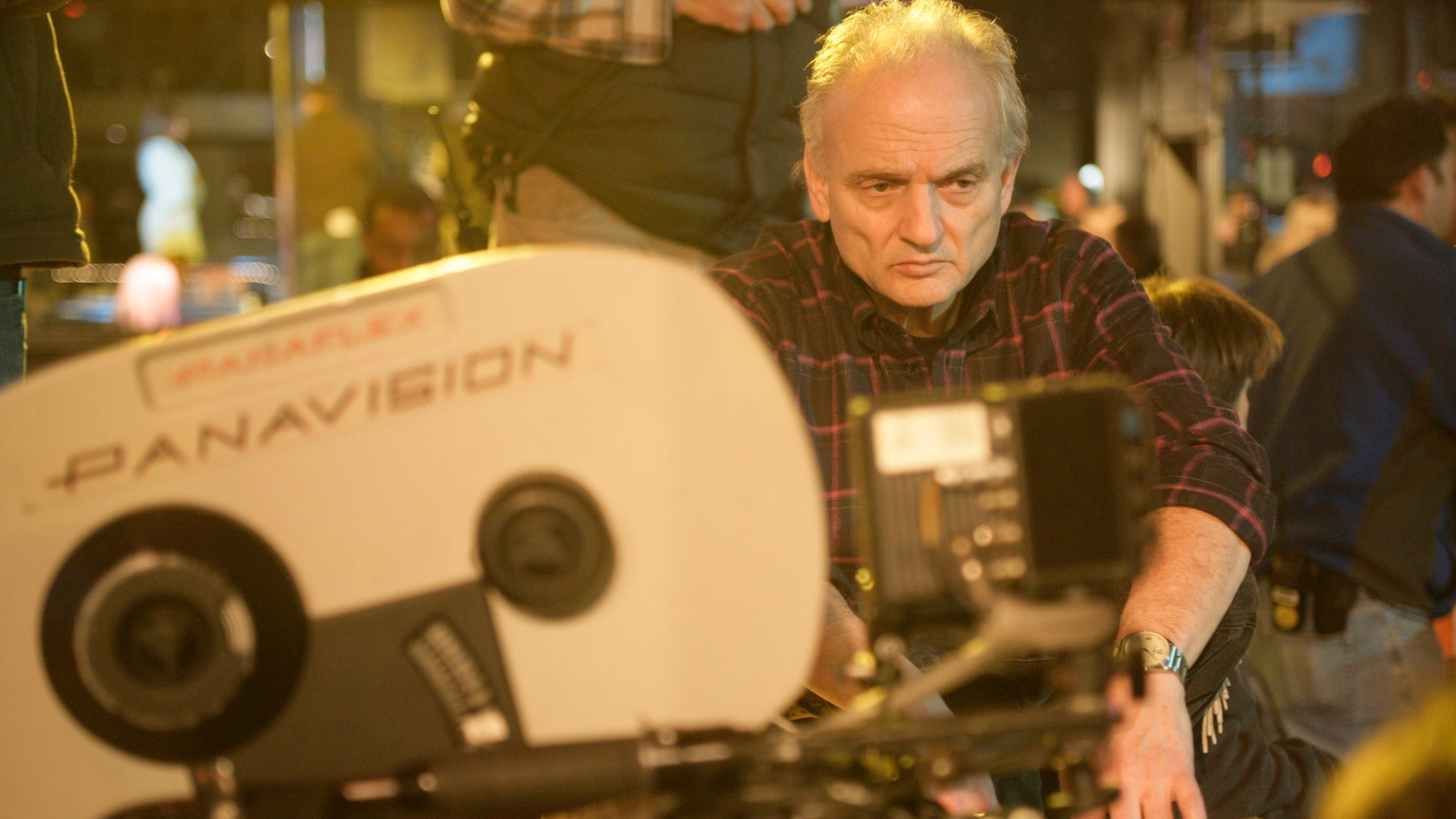
I also shouldn’t have been a doubter initially, because if you’ve been following Chase over the years as closely as I have, you’ll notice that he has become increasingly prone to candor as time has passed.
Chase is more loose than ever here, and even seems to be enjoying himself. Which is notable, considering the mythic sense of crankiness that has built up around the famously mercurial creator. Never forget that Chase was the inspiration for Glenn Close’s character in Damages, a show created by two former Sopranos writers who needed an outlet for the PTSD they had from working with Chase.
Gibney hits home how personal a project The Sopranos was to Chase, so it makes sense that the two-part documentary’s interrogation of the series mostly goes through Chase.
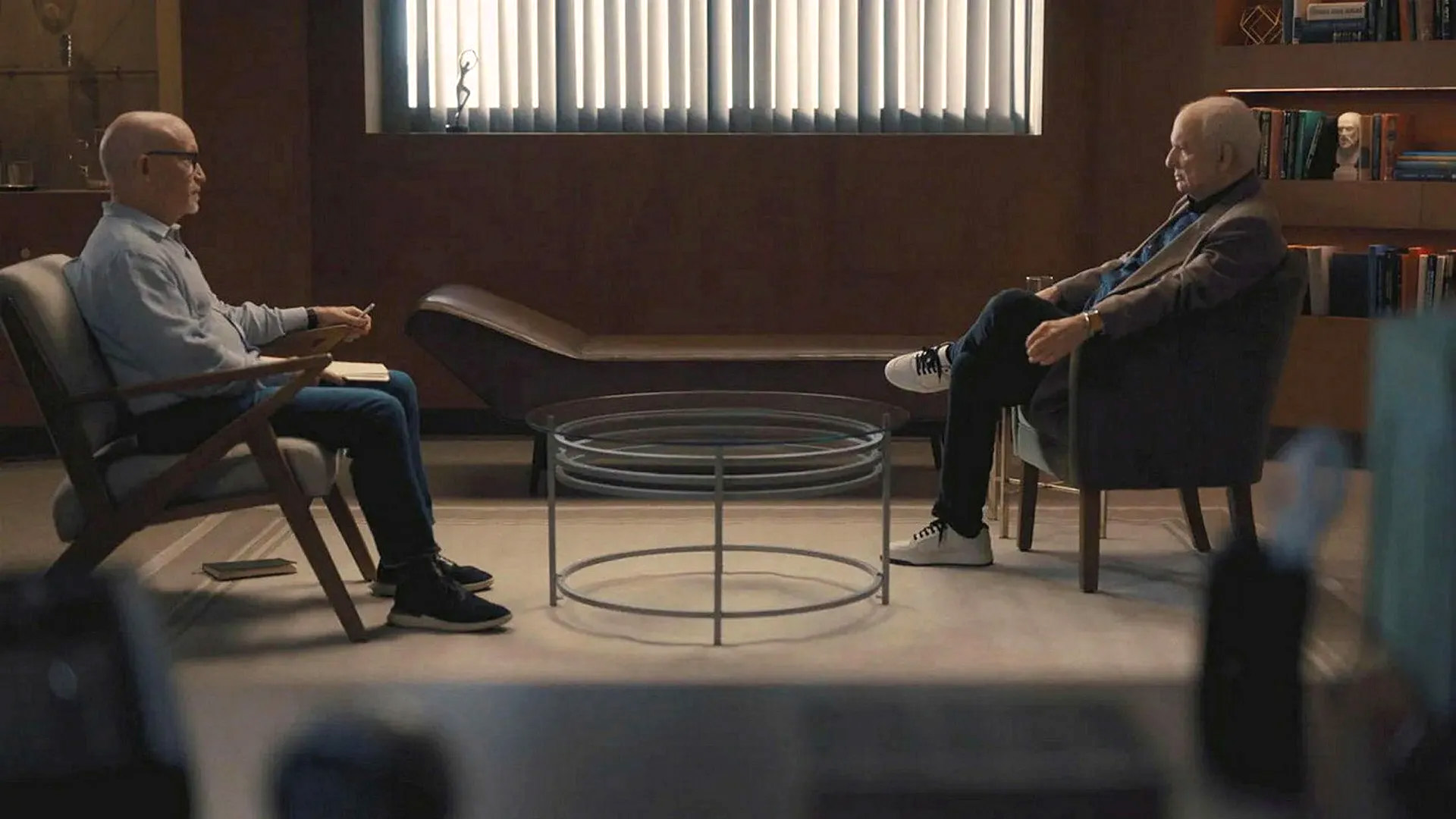
Gibney (seen on screen here more than usual) interviews Chase in a recreation of the famous psychiatrist office set from the show, where Tony (James Gandolfini) and Dr. Melfi (Lorraine Bracco) spent almost all their scenes together, and we are privy to moments where Chase is negotiating with Gibney over what footage may be included. It lives up to my favourite aspect of the series: how it captured the petty foibles of human interaction and communication that often go undepicted in drama.
Also befitting the series’ nature, there is a Freudian element to Gibney’s exploration, and Chase goes into his childhood and early life in more detail than I’ve ever seen before. There are many notable insights here, including scenes from Chase’s hilariously Godard-ian student thesis film from his time at Stanford: The Rise and Fall of Bug Manousus.
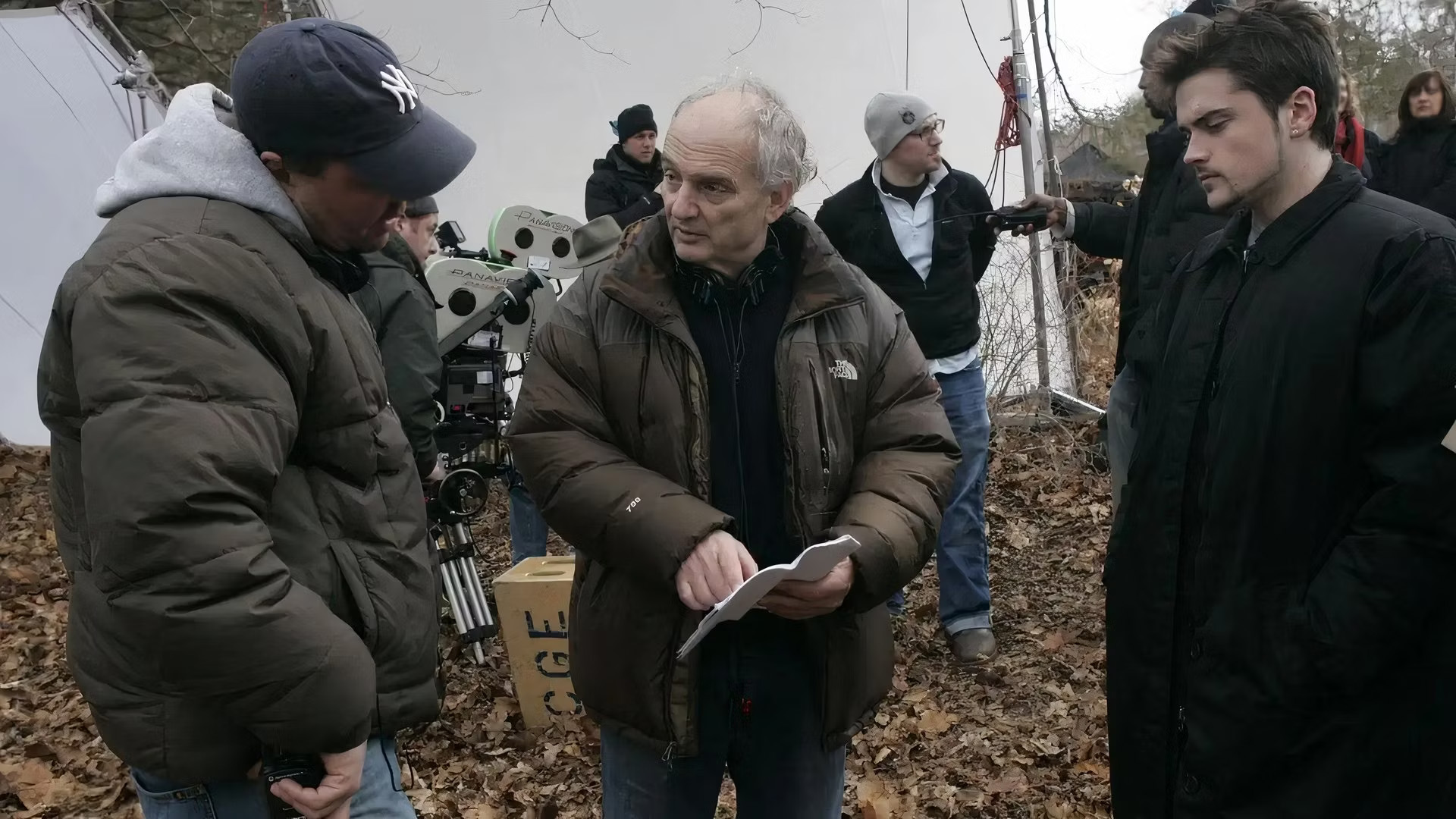
Gibney has great fun jumping between Chase telling a story from his life and a scene from the series that it clearly inspired.
It’s long been acknowledged that Tony’s terrible mother Livia is based on Chase’s own experiences with his mother, and that his relationship with her was perhaps the driving impetus for him to create the show, but it’s nice to see Gibney lean in on this in Wise Guy. And it’s nice to see Chase discuss it with such free abandon. It’s all very cathartic.
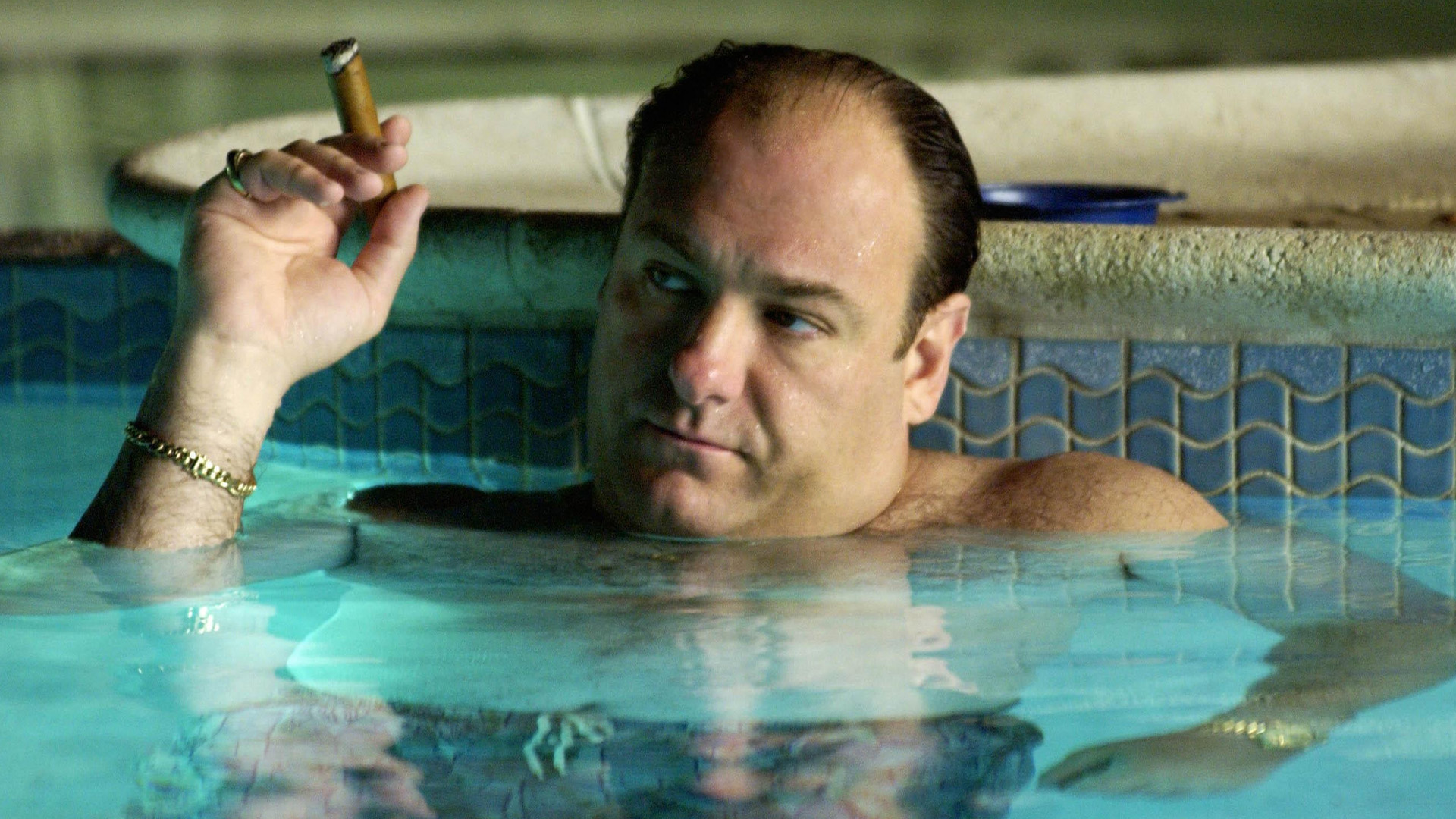
The two parts (which comprise about two and a half hours all up) naturally go beyond Chase, and much time is spent on James Gandolfini, who of course only shows up here in archival footage. The toll the show took on its troubled leading man is explored in depth, and there are frank discussions of the demons that plagued him, all of it couched within a context of respect and affection. Seeing footage of Chase breaking down while reading the eulogy at Gandolfini’s funeral is quite something.
There’s an eye-opening wealth of outtakes from during the filming of the show, not all necessarily flattering to all involved, but presented in the context of witnessing geniuses at work. There’s a whole bunch of early audition footage too, many featuring actors who would eventually turn up as another character further down the line. Gibney’s archival prowess is in full effect here.
But he is judicious with what he includes. There’s very little deadweight, and the repetition of widely circulated stories all feels contextually appropriate. He artfully presents a consumable breakdown of the creation and execution of the show that begat the Golden Age of Television, and remains its greatest treasure.
The documentary also dives fascinatingly into some of the specifics of the writing of the show (get the pause button ready if, like me, you wanted to read some briefly-glimpsed scrawled season outlines featuring character threads that were never pursued), and Chase cops to some of aforementioned mythic crankiness in discussing his perfectionism in the writers room. We also hear from a sprinkling of writers about the minefield that was working for him.
The legendary finale is given a lot of attention, and Chase reveals some (to my knowledge) never previously-before discussed alternative ideas for the final episode. The documentary benefits hugely from Chase’s articulate self-awareness. We are very lucky that the (primary) author of such an iconic work of art is so in touch with, and open about, his own creative process.
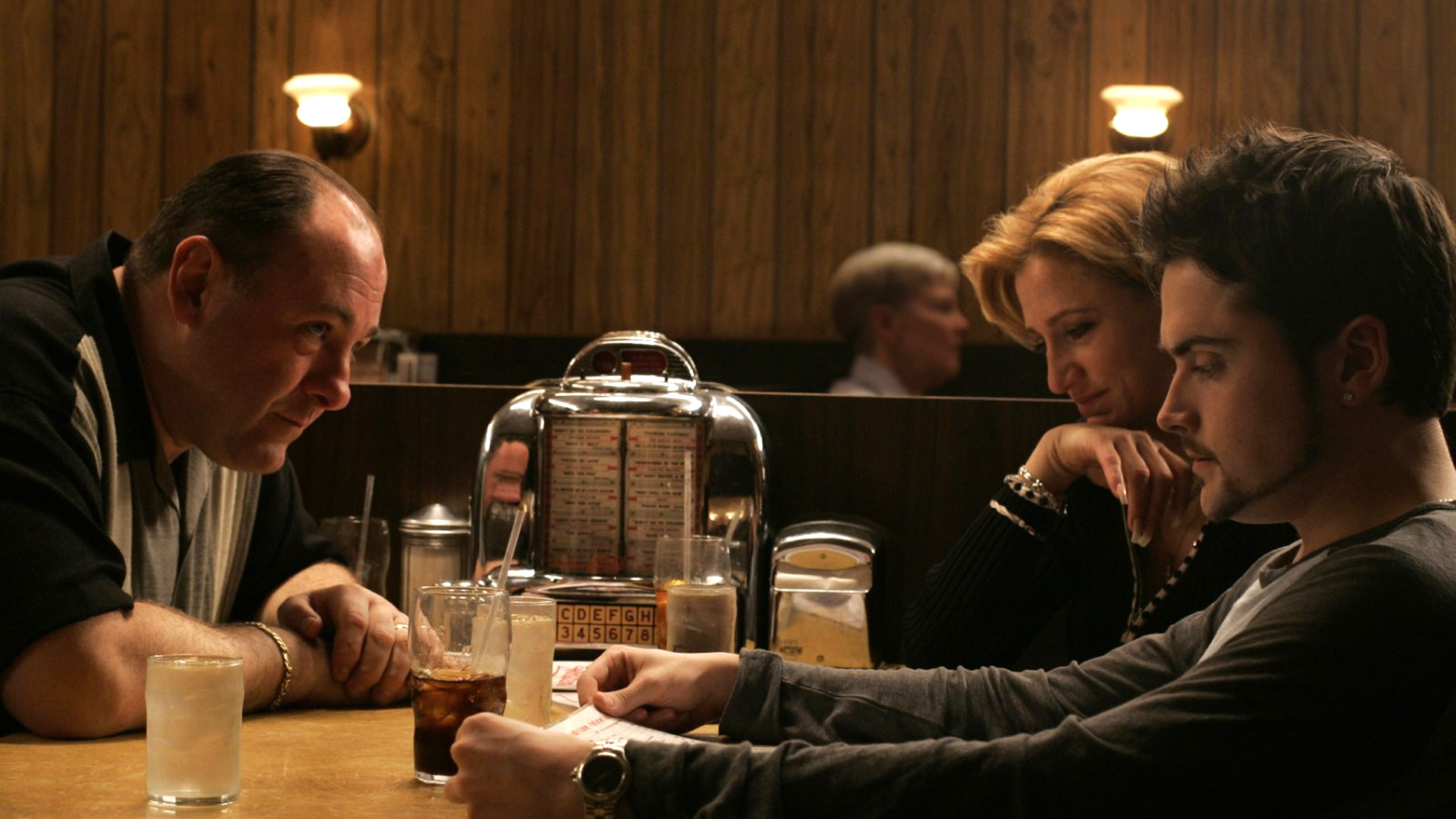
If I had a complaint, it would be that after going into fascinating detail about Chase’s early writing efforts, the documentary pretty much entirely skirts over his time running The Rockford Files and Northern Exposure, two key formative antecedents to the kind of storytelling Chase would elevate
in The Sopranos. But perhaps there is time for that in the future, when Chase is even more relaxed.
Utterly essential viewing for die hards and new fans alike, Wise Guy: David Chase and The Sopranos lives up to the creative richness of its subject.
Originally published by Flicks on Sept 17, 2024.


















